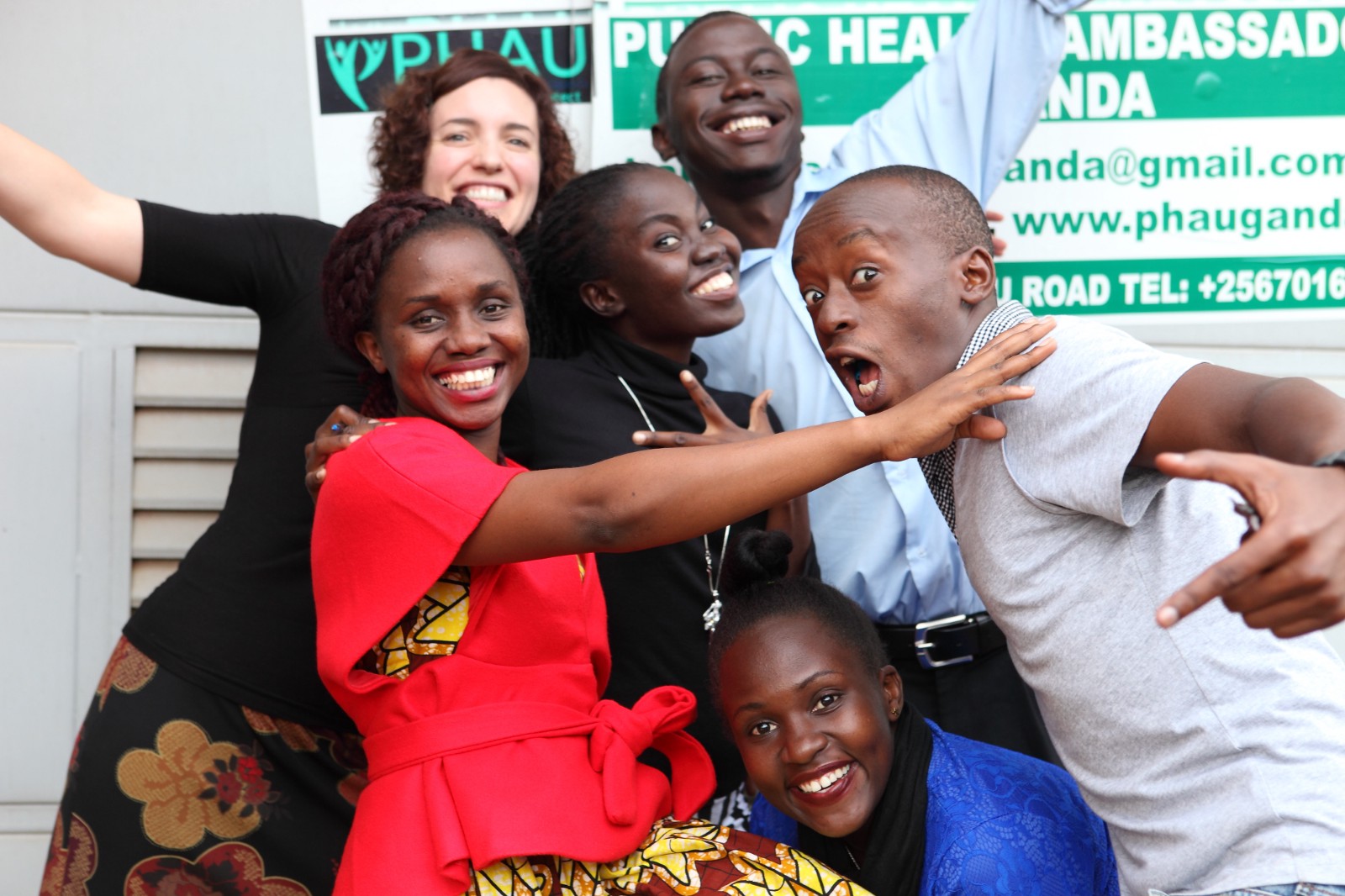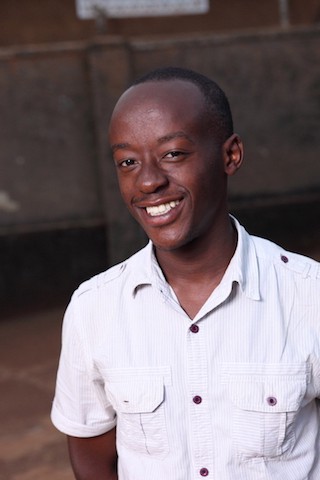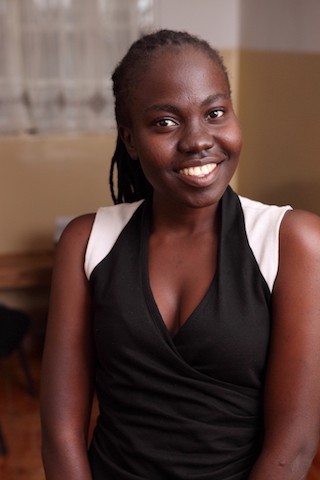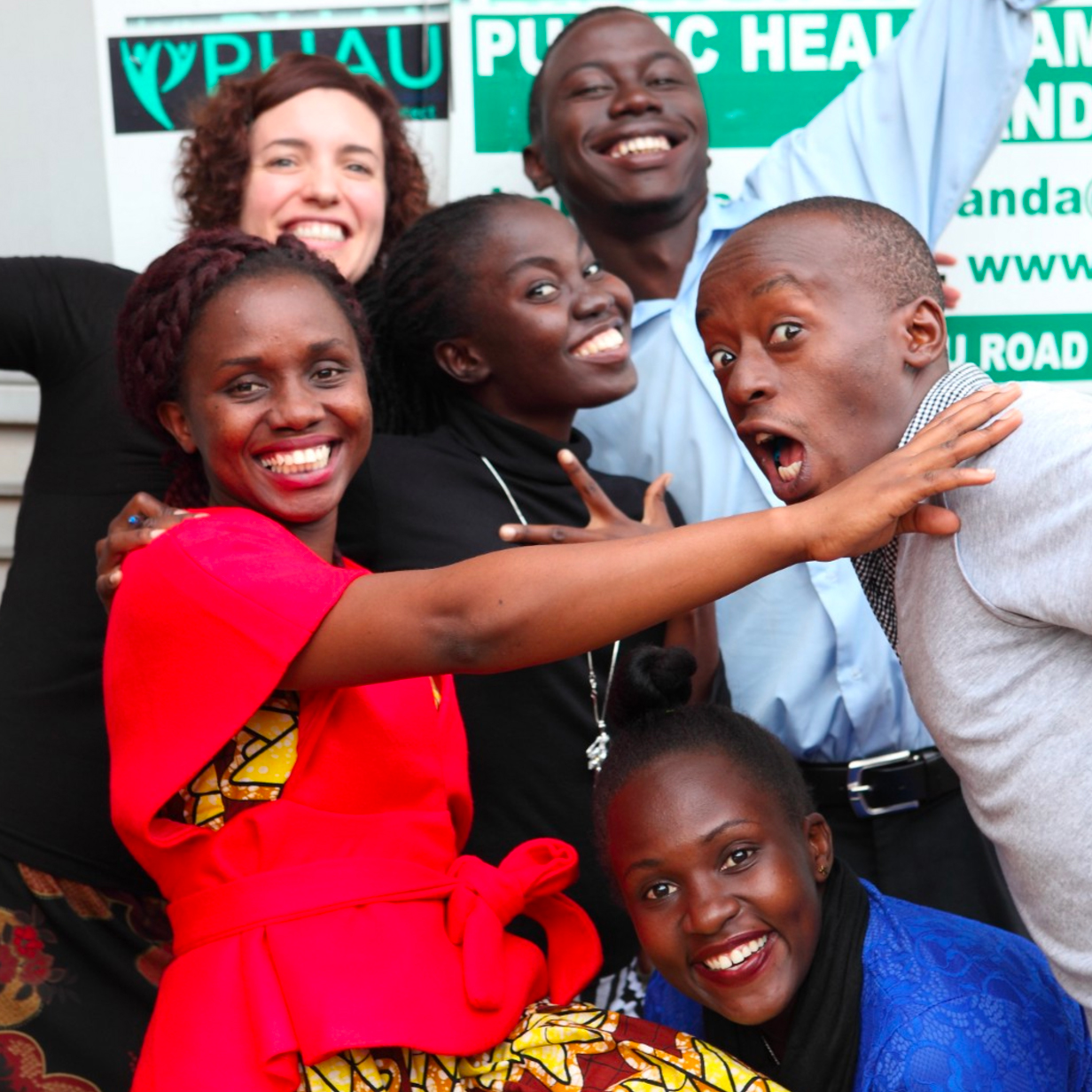on
Public Health Ambassadors Uganda conducts a mobile drive to let communities know where they can receive sexual and reproductive health information and services in Luwero District, Uganda. Photo: Public Health Ambassadors Uganda
In 2011, a group of Ugandan public health students at Kampala’s International Health Sciences University began learning to salsa dance in their free time. When they mastered salsa, they learned other dances, over time becoming some of the best dancers in Kampala. In a small room on campus, across the courtyard from the hospital where their classes were held, these students escaped the stresses of school and city life by losing themselves in Uganda’s dreamy beats. The music and dance were intoxicating, the energy infectious.
When the aspiring public health practitioners began working on initiatives to raise awareness about critical health issues like contraception and HIV/AIDS in local communities, they knew music, dance, and performance art would attract the attention they sought. Six years later, this informal group of amazing dancers and dedicated students has matured into Public Health Ambassadors Uganda (PHAU), a respected and rapidly growing youth-led public health organization that uses music, dance, poetry, and drama to communicate health messages and connect communities with vital sexual and reproductive health information, services, and products.
On 13th February 2015, Public Health Ambassadors Uganda commemorated International Condom Day with their #CondomAreCool campaign with support from AHF Uganda Cares. PHAU distributed more than 77,000 condoms during the “Because I Wrap It” Flash Mob at Ham Shopping Grounds along Nakivuubo place road.
I met PHAU founder Segawa Patrick in Bali, Indonesia, when I interviewed him for the Family Planning Voices initiative at the International Conference on Family Planning in early 2016. Several months later at the Women Deliver conference in Copenhagen, Denmark, I watched as Patrick organized and led an international flash mob — a focal point of the conference and one of PHAU’s signature approaches to public health messaging. As dozens of young people from around the world danced through the convention center in Copenhagen, my colleagues at the Knowledge for Health (K4Health) Project and I knew that PHAU was an organization we wanted to get to know. In late 2016, we flew to Kampala to share storytelling and knowledge management techniques and learn more about PHAU’s unique approach to entertainment education, or “edutainment,” for public health.

I was warmly welcomed to Kampala by Public Health Ambassadors Uganda staff. Clockwise, from top left: Elizabeth Futrell(me), Amase Diana, Kasaija Joseph, Segawa Patrick, Guntesse Catherine, Gimugu Daphne. Photo: David Alexander, CCP/Family Planning Voices
Public Health Ambassadors Uganda has focused their boundless energy on addressing several pressing sexual and reproductive health issues in Uganda: menstrual hygiene management, the lack access to which contributes to millions of school absences in Uganda each month; HIV and AIDS, which afflicts 7% of Uganda’s adult population; and access to contraceptive information and services, a pressing need in a country whose fertility rate is nearly six children per women and whose maternal mortality rate is 24 times that of the U.S.
Whatever the health issue, common threads in PHAU’s work include passion, creativity, and an uncanny ability to connect with their young audiences. After all, the oldest person on PHAU’s staff is in his early thirties, and the majority of the PHAU staff are in their mid-twenties. During our visit, I watched their youthful energy, magnetic personalities, and knowledgeable professionalism attract community members of all ages to the health information and services they were offering. In the short amount of time they’ve been operating, they’ve made a difference in thousands of lives, and they’re just getting started. Here, six Public Health Ambassadors Uganda staff members tell their story.

Segawa Patrick, Founder and Program Coordinator, Public Health Ambassadors Uganda (PHAU). Photo: David Alexander, CCP/Family Planning Voices
Patrick: I have three sisters, and I was raised by a single mom. It’s a big source of motivation that I have to make sure I work hard and support them, especially those young sisters of mine — make sure that they finish school and they have better opportunities as well so that they can take care of themselves…. We have a strong focus on young women and girls, in terms of reaching them with the right information on sexual and reproductive health and HIV…. If you find a 15-year old engaging in risky sexual behaviors, then it rings a bell that even your sister who is just 15 could be going through the same.
Diana: My brother died of HIV, but we did not know until we grew up, and then they told us, “Ok, yeah, he died of HIV.” There was a time when we were in school, and he was bedridden — that was in 2002, actually. We were still very young, and they brought us from school, because they wanted us to see how HIV kills. It was such a painful thing. We did not know the disease, but afterward, they told us, “If you mess up, that’s how you will end up.”

Amase Dianahritah, Project Officer and Administrator, PHAU. Photo credit: David Alexander, CCP/Family Planning Voices
